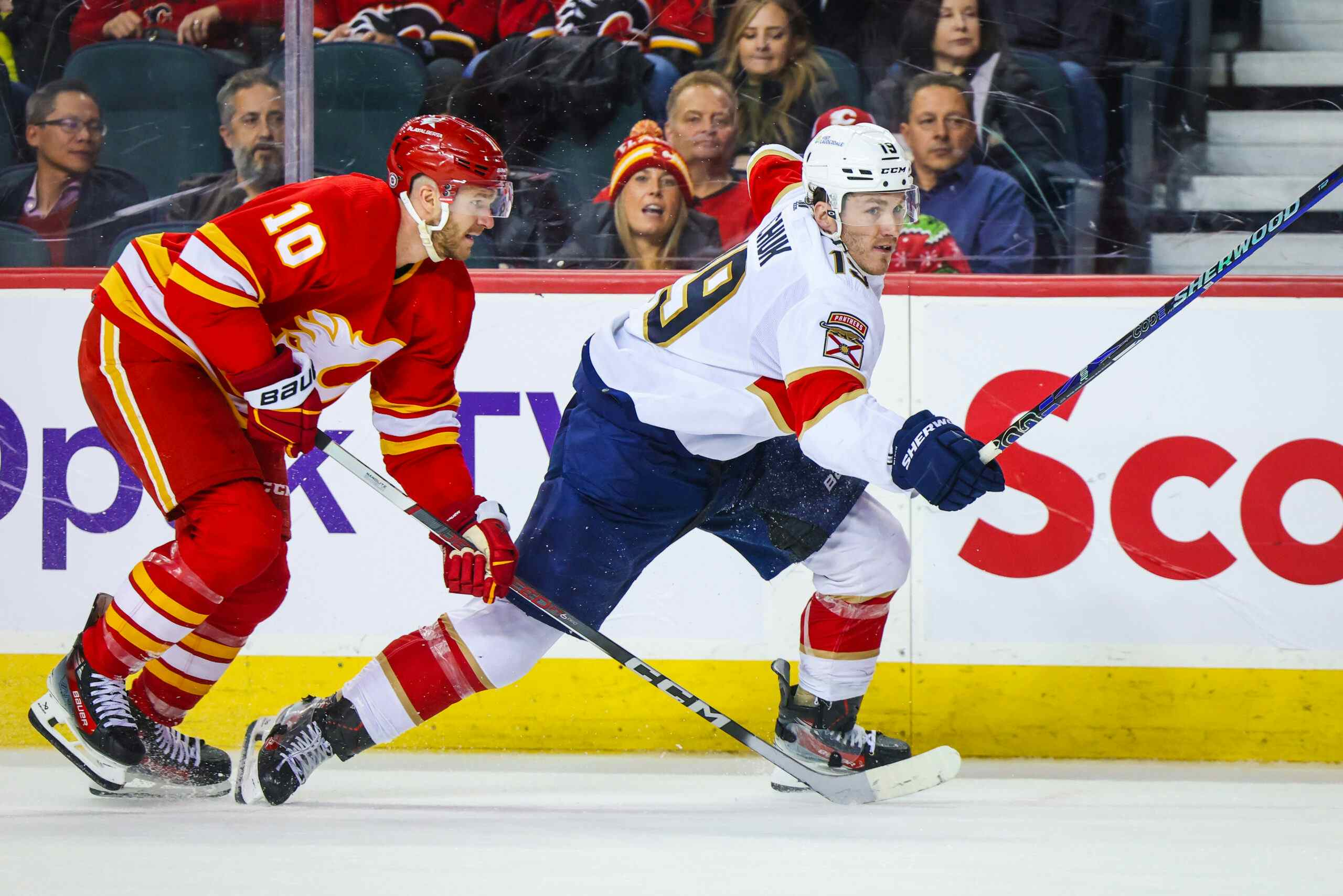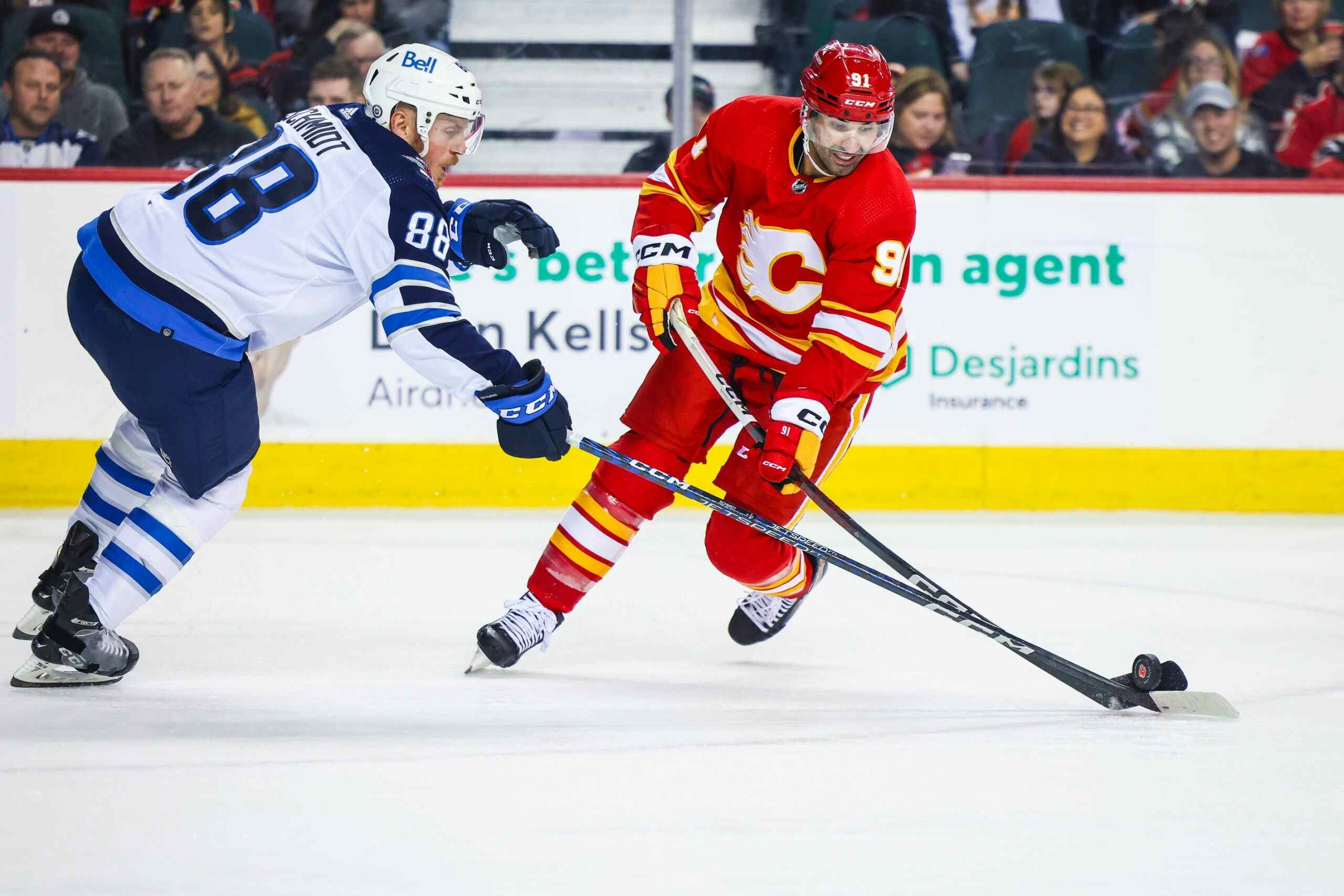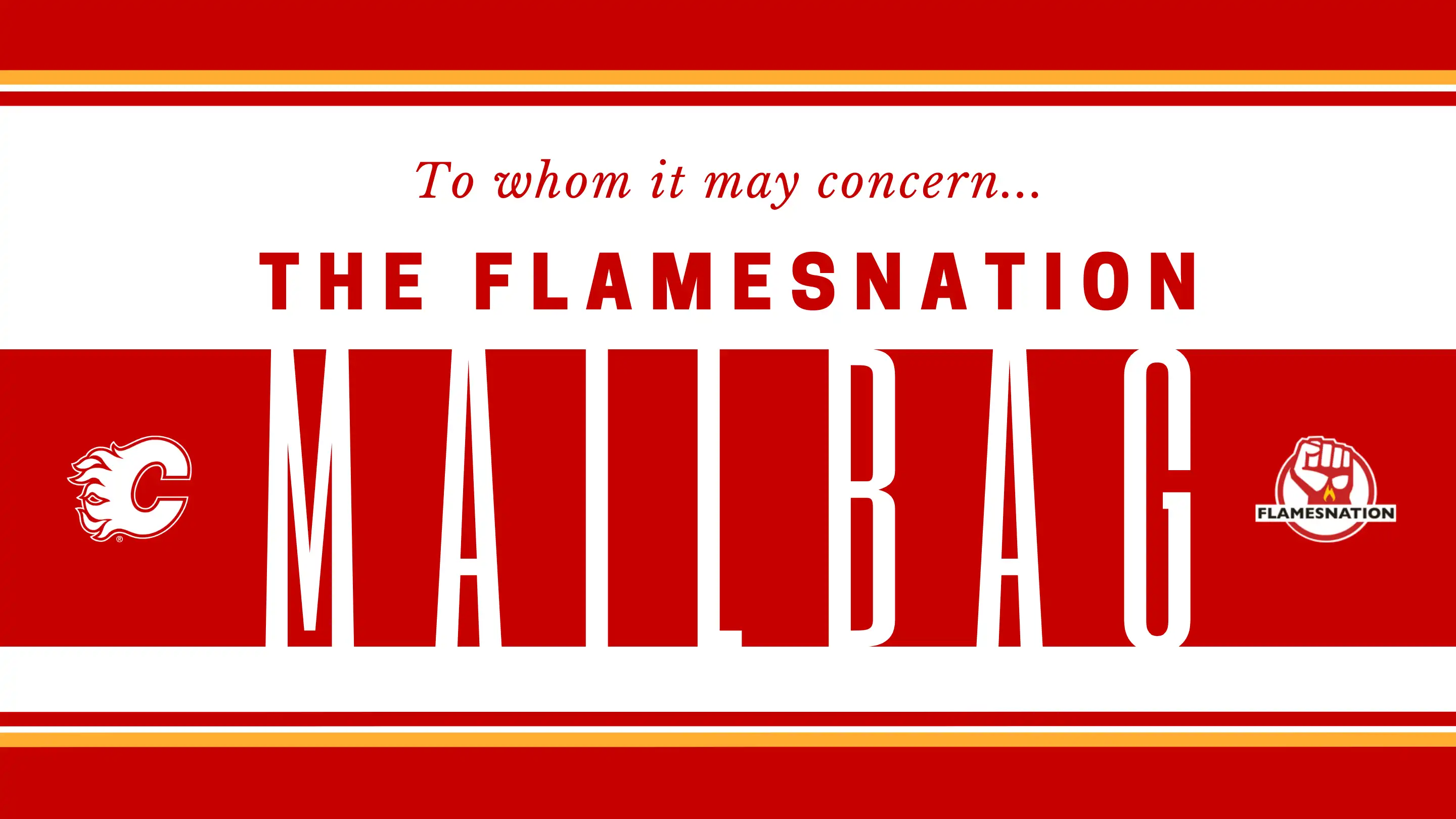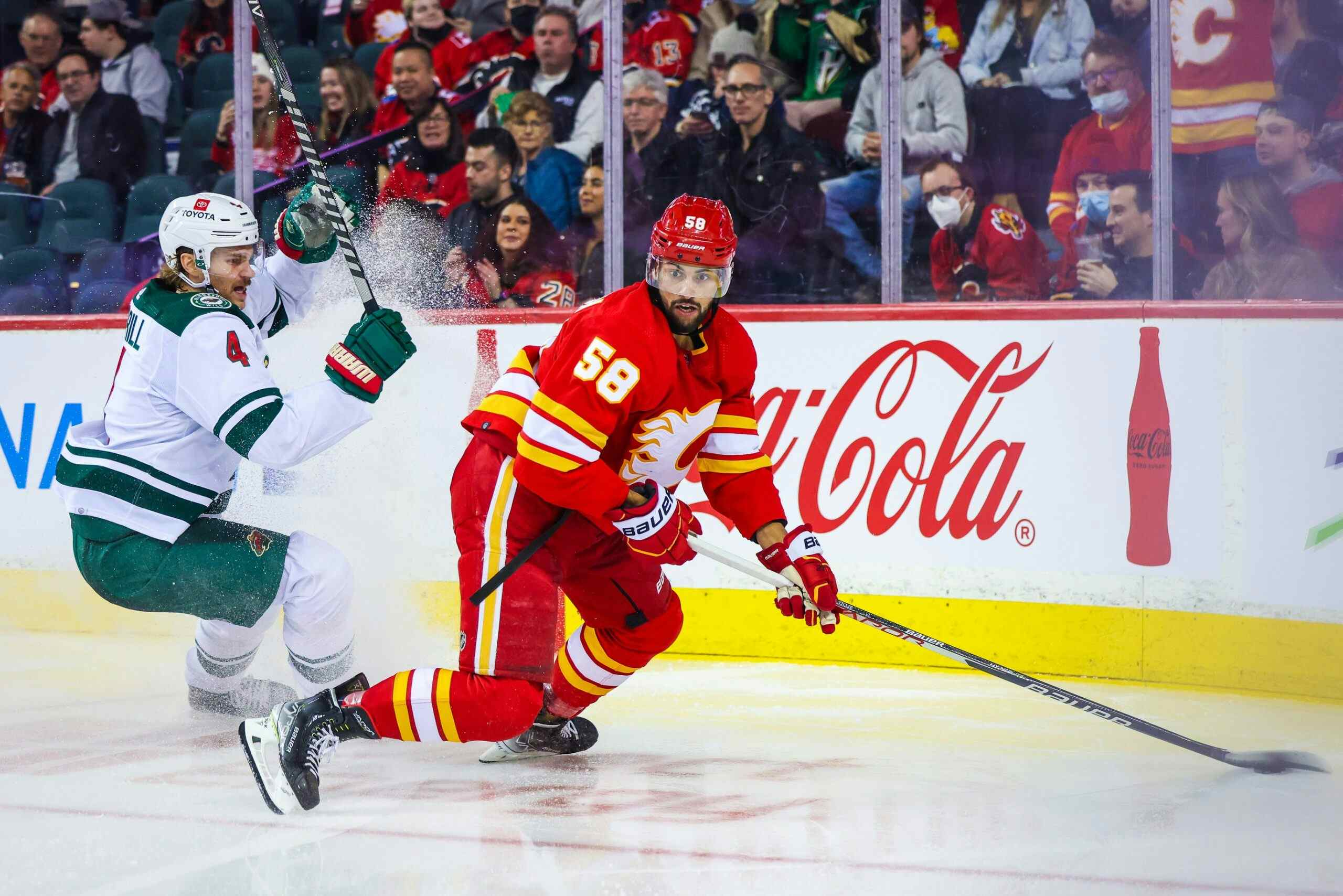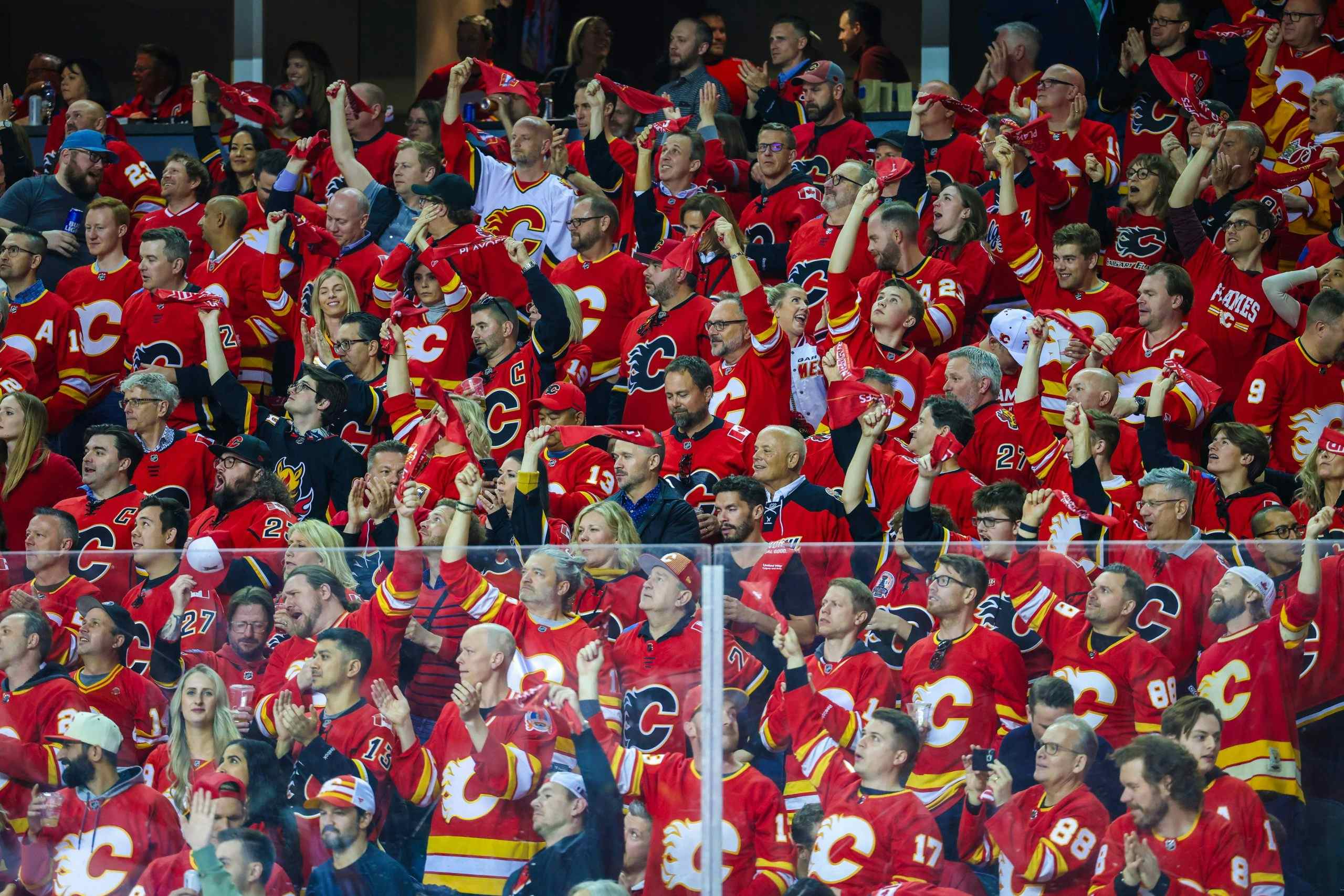A Quick Salary Arbitration Primer
By Ryan Pike
8 years agoNext week, the National Hockey League kicks off arguably its most bitter and destructive annual process.
The annual salary arbitration hearings feature restricted free agents trying to get raises – or in rarer cases, teams trying to drag their cap hits down – through a process that puts many things out in the open and potentially damages relationships.
Here’s a brief primer on salary arbitration.
WHAT’S ARBITRATION?
There are two types of salary arbitration in the CBA: player-elected and club-elected. There’s no limit to player-elected arbitration filings specified in the CBA, so presumably a player could do it multiple times, but there’s also a small window available in restricted free agency for a player to do so. A player can only be subject to club-filed salary arbitration once.
Arbitration is where a contract is agreed to, but only after the team and player present their case to a neutral party that the player should get a certain amount of money because he’s like a certain player (or class of players). Teams can only “walk away” for arbitration rewards that are north of $3.5 million, and only on player-elected arbitration cases.
WHY ARBITRATION?
Salary arbitration is nice because it gets a deal done.
Players elect for it because they feel their qualifying offer was too low and that they’re a tad undervalued by their club. Or, they elect it because they want to get a deal done and perhaps a team’s other priorities – perhaps like re-signing Mark Giordano? – and want to put a specific deadline set for a deal to be reached. Clubs elect it because they feel like a player is over-valued by their qualifying offer, or they feel a player’s camp is dragging their feet on a new deal.
WHY NOT ARBITRATION?
Salary arbitration sucks because it airs a bunch of dirty laundry out in the open. It’s not totally public, but here’s what happens in a nutshell.
- At least 48 hours prior to the hearing, the two sides exchange case briefs containing the number they’re seeking in arbitration. (This gives both sides a starting point and can tend to jump-start stalled negotiations.)
- In player-elected arbitration, the arbitrator asks the team if they want them to deliver a one or two-year contract via their ruling. If it’s club-elected arbitration, the player’s side chooses the length. (Under the old CBA, the length was limited to at most whatever remaining RFA years a player had left, so if a player was 26 and filed for arbitration, it couldn’t be longer than a one-year ruling. The current CBA is unclear about this.)
- The player’s camp lays out a case explaining how super-duper the player is, how there are a bunch of players that are just like him and that the team’s been getting a great bargain. Based on a handful of comparable players hand-picked by the player’s side, they argue that he should get a similar contract.
- The team lays out a case explaining how the player really isn’t all that great, and kinda sucks in pretty specific ways, but that they like him and want him anyway but on the cheap. They provide a lesser series of comparable players who they feel the player is actually like.
- Each side is given a chance to counter-argue the other side’s points before the hearing is concluded.
- The arbitrator delivers a ruling within 48 hours of the hearing.
The process is akin to telling your wife or significant other that they’re really not all that wonderful or attractive, but you want to continue the relationship anyway. The potential for arbitration to sour the relationship between a player and team is why the vast, vast majority of cases actually never make it to the hearing room. Heck, a good chunk of them get settled in the hallway on the way to the hearing – as reportedly happened with Flames defender Ian White a few seasons back.
SOME HISTORY
Brad Treliving’s first case in Calgary never made it to the hearing room, nor did the last one he was involved with in Arizona. In the summer of 2014, Joe Colborne filed for arbitration but the Flames and his camp settled on a deal in short order. The same happened with Brandon McMillan with the Coyotes in the summer of 2013.
FLAMES HEARING DATES
Three Flames players elected for arbitration:
- Lance Bouma (hearing on July 22)
- Josh Jooris (hearing on July 28)
- Paul Byron (hearing on July 30)
We’ll be presenting our own arbitration cases for and against each player in the coming days.
Recent articles from Ryan Pike

